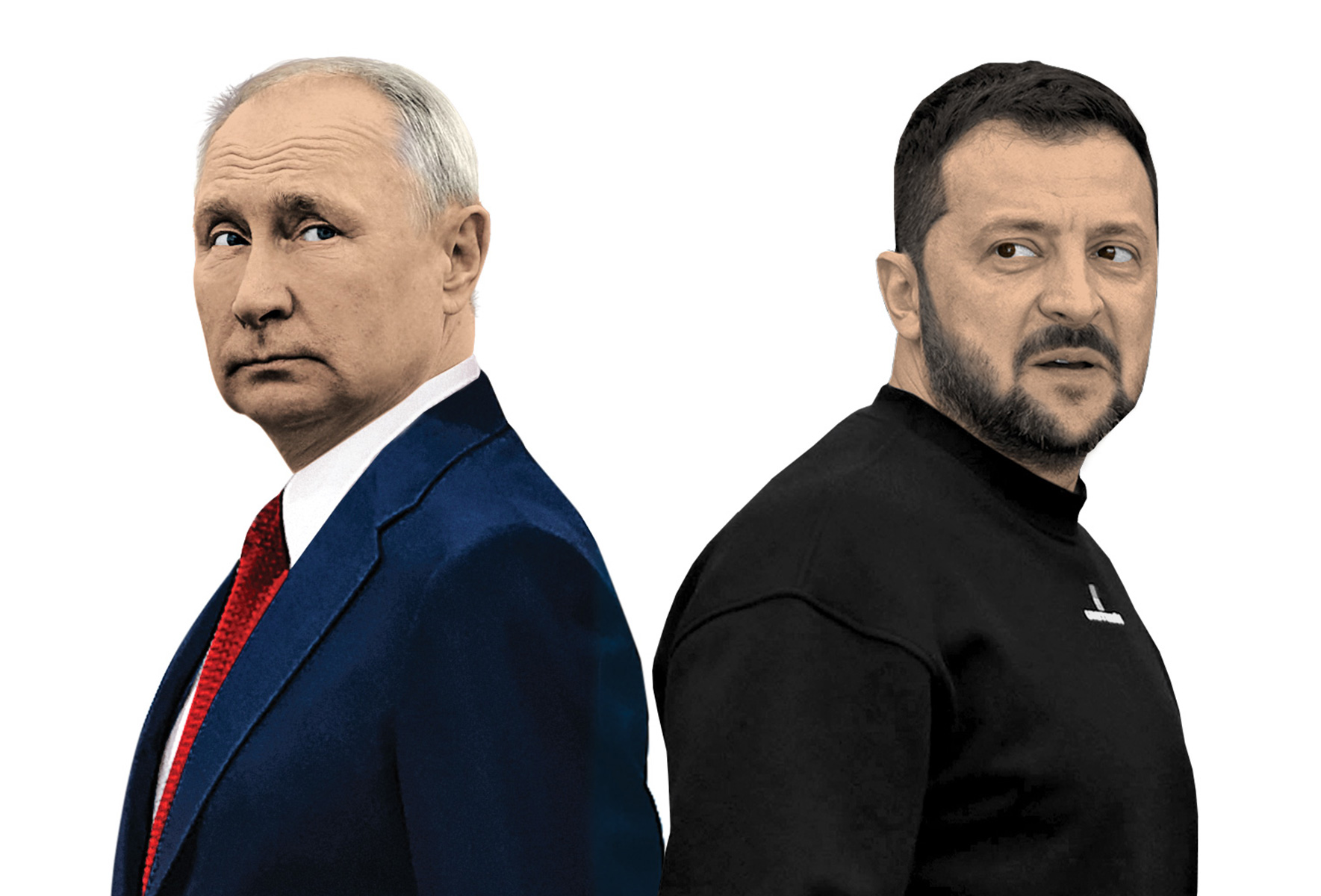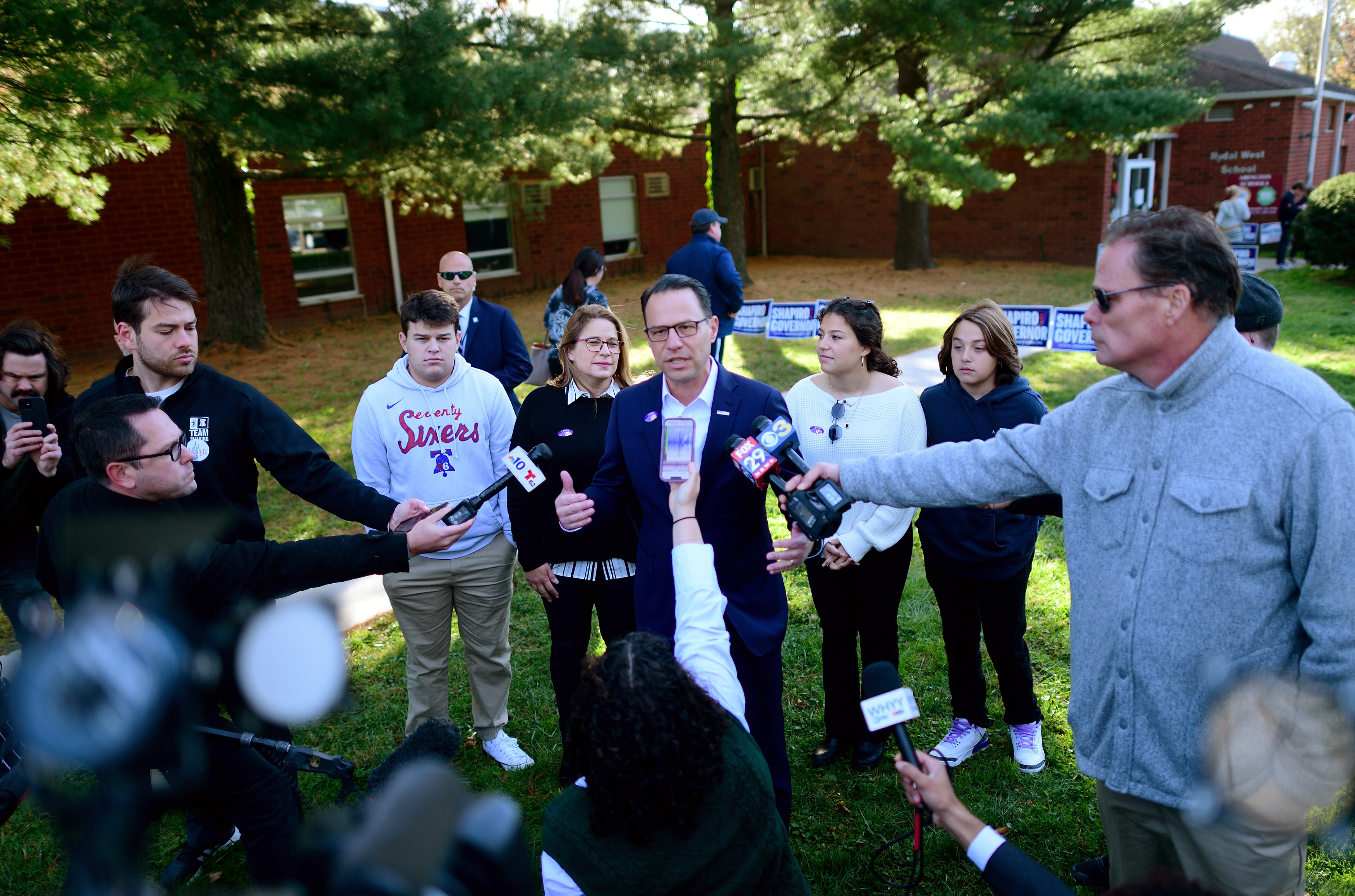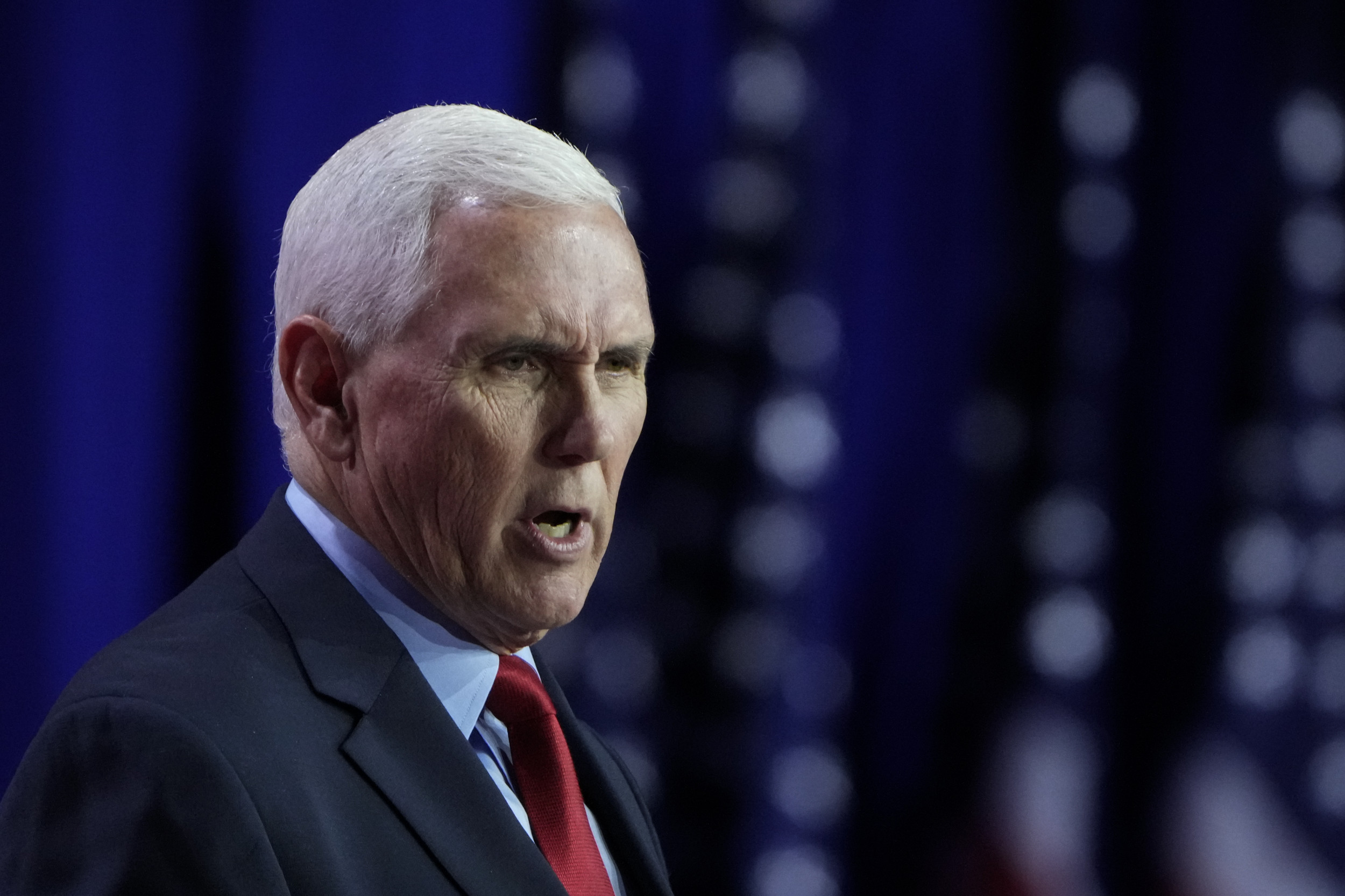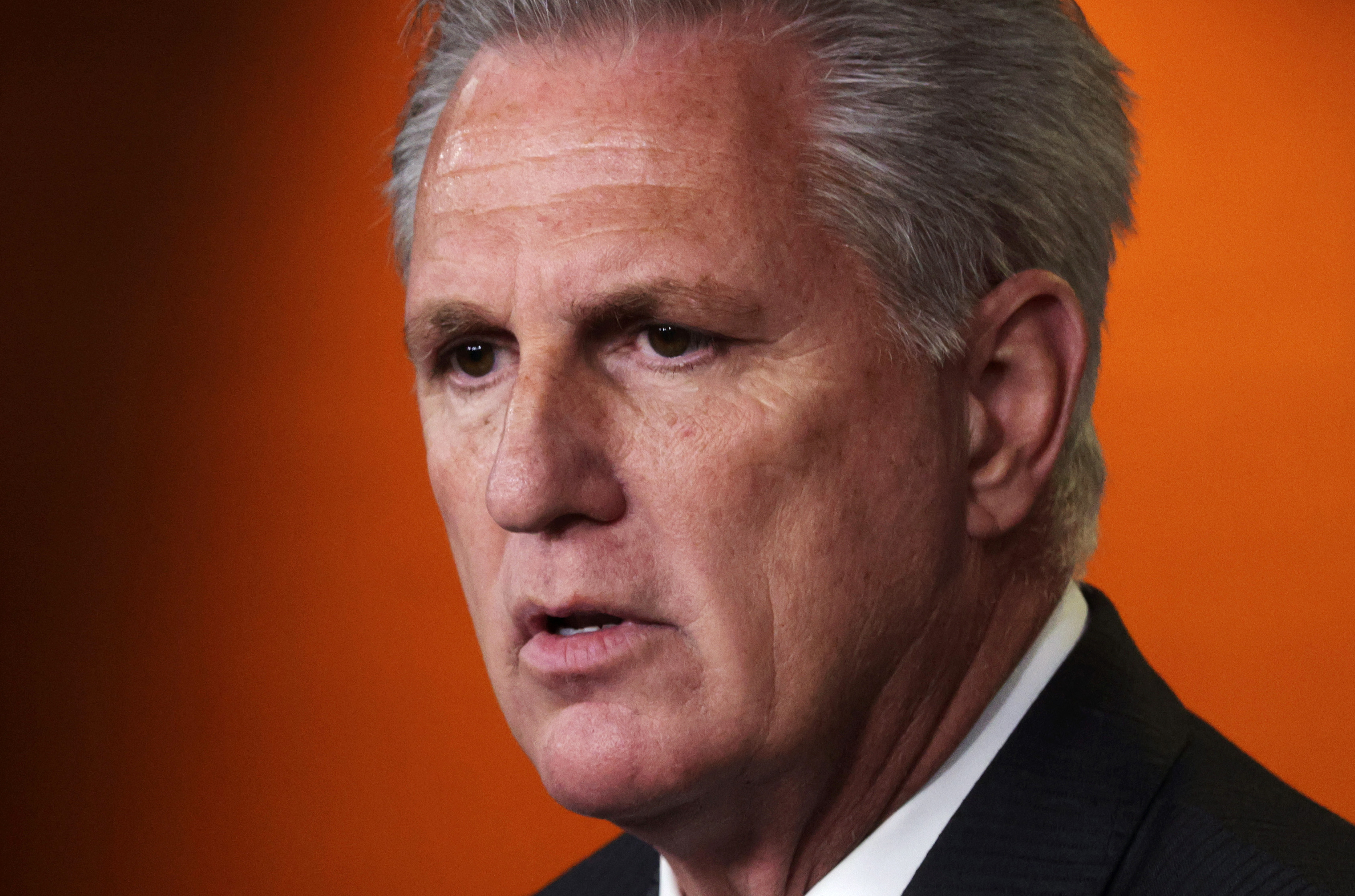U.S. or NATO personnel tasked with maintaining any F-16 fighter jets sent to Ukraine would become "legitimate military targets" for Russian strikes, a former U.S. Air Force commander has told Newsweek.
Countries that supply fourth-generation fighters such as F-16s to Kyiv will likely also need to send contractors or military personnel who have experience maintaining the sophisticated jets, according to retired Lt. Gen. Charlie "Tuna" Moore, former deputy commander of the Cyber Command.
Basic training could cover some aspects of the aircrafts' upkeep, but maintenance of the avionics and hydraulic systems is a different story, said Moore, who is now a distinguished visiting professor at Vanderbilt University in Nashville.
Kyiv has repeatedly requested fighter jets from its Western allies and the F-16 quickly became the favored option. The jets would be a significant step-up in capabilities for Ukraine, which currently flies Soviet-era aircraft.
Many countries including the U.S. have pledged to support the training of Ukrainian pilots on F-16s. This training has already begun, NATO Secretary-General Jens Stoltenberg said last month.
None of the allies has yet agreed to furnish Ukraine with the jets—but what was once considered a "red line" now appears more likely. Western officials and analysts have said providing the F-16s would mark a long-term commitment to Ukraine's air force and that several complications come with sending completely new systems to Kyiv's military.
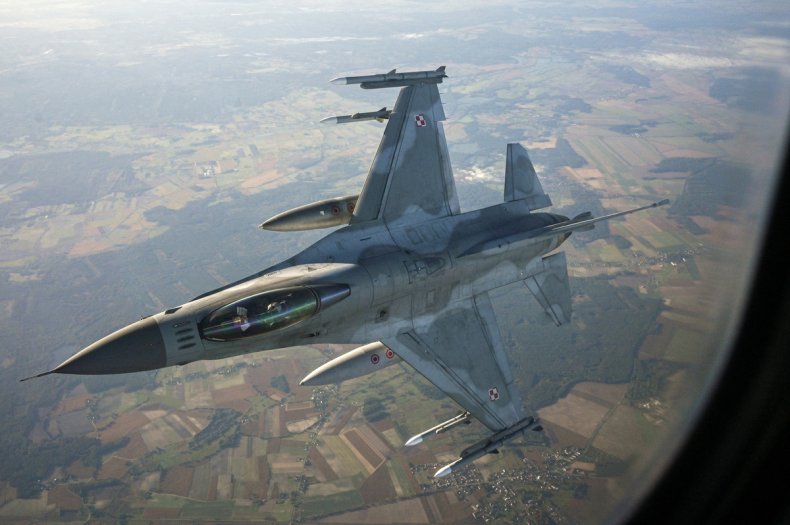
One of these complications is that F-16s would need centralized bases, unlike the Soviet aircraft that Ukraine operates from dispersed sites, which would make attractive targets for Russian strikes.
On these bases, Ukraine is likely to need Western or NATO contractors, at least for an initial period, to oversee the most complex maintenance, Moore said.
"You're going to have to have individuals from the countries that fly these aircraft—whether the United States or NATO, countries that may be gifting them—on the ground in Ukraine performing that function, whether it's contractors or whether it's military individuals," Moore added.
"And that raises a big, big concern."
If citizens from the countries donating jets are needed on bases, they become "a very, very interesting target for Russia, and those locations would become legitimate military targets in accordance with the laws of armed conflict," Moore said.
Experts suggest the training of experienced Ukrainian personnel on F-16s could be completed within months, and there are varying estimates for how long it would take Kyiv's pilots to learn not just to operate the jets, but to use them effectively.
There is also some debate over how involved Western personnel would need to be. Retired Air Marshal Greg Bagwell, a former senior commander in the U.K.'s Royal Air Force, told Newsweek that he doubted any U.S. or NATO military personnel would be deployed to Ukraine.
"Modern technology will allow fault diagnosis and fixes to be enabled remotely, so there is no need to deploy anybody to help," Bagwell said. "Manuals are digital and easy to interpret," he added, although there could be individuals with the right knowledge of maintaining F-16s who volunteer their services.
On Thursday Ukraine's air force renewed its call for F-16s following Russian cruise missile strikes on the western city of Lviv.
Ukraine's air defenses shot down seven out of 10 missiles fired from the Black Sea, it said.
"They could be intercepted by fighter jets," a Ukrainian air force spokesperson told domestic media on Thursday. "Some of the missiles were intercepted by fighter aircraft, but this is a very small part. The F-16 could handle this."
Newsweek has reached out to the Pentagon for comment via email.
